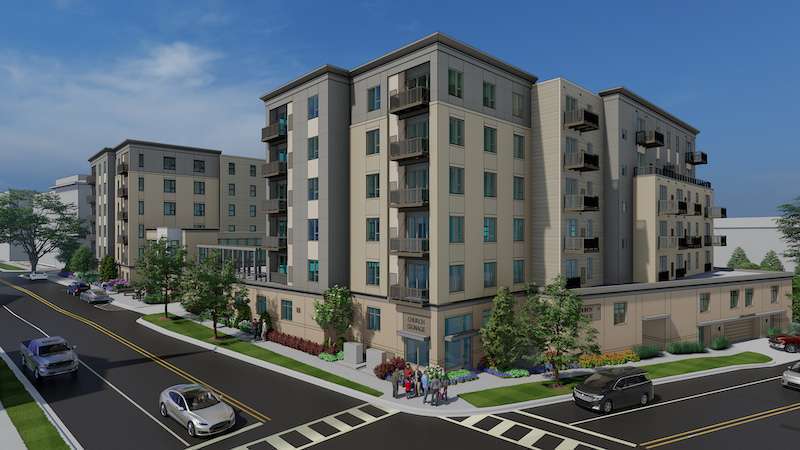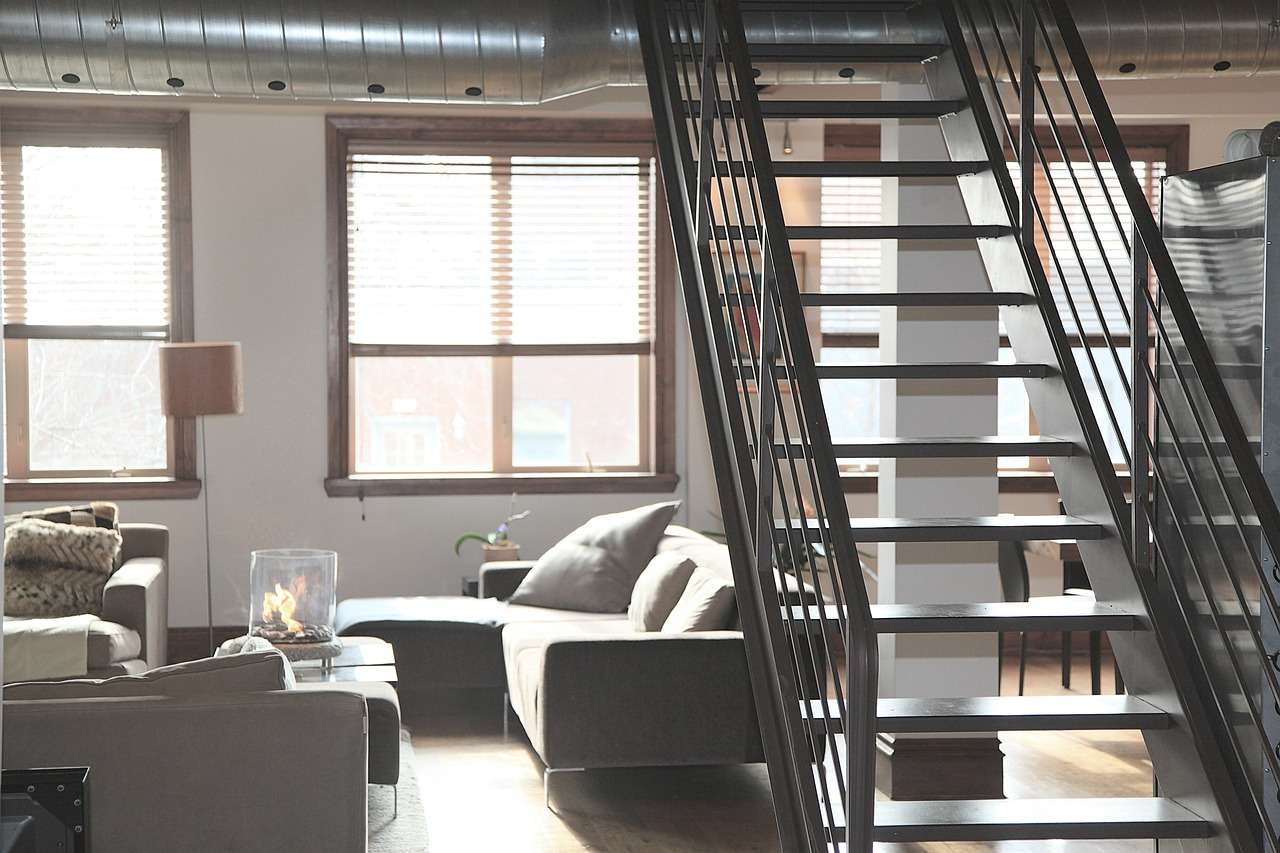
Sale Leaseback Transaction Volume Rises 8.3%
Dollar volume of sale leaseback deals rose 8.3% to $5.1 billion in the second quarter over the first, while the transaction count remained in line with 165 versus 173 in comparing the same two quarters, according to SLB Capital Advisors.
Two significant transactions helped spur the dollar volume in the second quarter: Realty Income’s acquisition of EG America’s convenience store portfolio for $1.5 billion and Benderson Development Company’s acquisition of Kiewit’s corporate offices for $500 million. But most deals continue at lower numbers or in the $2.5 million to $25 million range.
Specific sectors fared differently and are worth noting. Industrial property transactions decreased from historical levels and represented only 39% of all transactions for the quarter. In contrast, retail, which many observers have worried about, represented an uptick and increased to its highest contribution level since the pandemic.
Pricing trends. Sale leaseback cap rates have moved up 100 to 200 basis points from two years ago in 2021. The cap rate increase has been more pronounced in non-core markets for smaller credits with lower quality facilities. The impact has been less pronounced in core markets for higher quality facilities with stronger credits. Financing headwinds and inflation have been the two primary drivers, which have resulted in a risk-off environment for most buyers. Because the cost of capital has increased in the last 18 to 24 months, sale leaseback cap rates remain well inside company weighted average cost of capital or WACCs.
M&A arbitrage opportunity. In the second quarter, average purchase price multiples dropped across all deal sizes. While the M&A valuations have declined, this provides increasingly attractive sale leaseback value arbitrage across various industry sectors driven by the delta between business and real estate multiples. Attractive arbitrage opportunities are prevalent for the most part across many middle-market sub-sectors.
North American M&A activity. Deal value fell in the second quarter for a total of those closed or announced at a combined value of $467 billion. But the report said it should not be viewed as a dead market, just below the average pre-pandemic first half levels. The key reasons for less M&A activity are a risk-off financing environment and a mismatch between seller and buyer valuation expectations. Yet, corporate buyers who have strong balance sheets and sizable platforms are likely to benefit in this climate.
Net lease REIT snapshot. Net lease REITs reported $5.4 billion in acquisitions for the second quarter, a rebound from the first when they were $3.1 billion. The reason is attributed to REITs taking a good share of acquisition volume. The net lease REITs reported $2.8 billion of equity offerings in the second quarter, up from $1.6 billion in the first quarter.
By region. The South led in sale-leaseback activity by deal count, comprising 40% of all transactions. The Northeast led in dollar volume with $1.6 billion. In comparing dollar volume, the West closely followed the Northeast with $1.4 billion, then the South came in with $1.3 billion. Last place went to the Midwest with $0.8 billion. When looking at last year’s results, the West experienced the biggest decline in activity, dropping from $7.4 billion to $1.4 billion. The markets that face the most challenges are tertiary rather than core markets. But the good news is that sale leaseback pricing continues to be attractive across all geographic areas for those with strong credit and who are experienced operators, the report said
Source: Sale Leaseback Transaction Volume Rises 8.3%
https://www.creconsult.net/market-trends/sale-leaseback-transaction-volume-rises-8-3/


